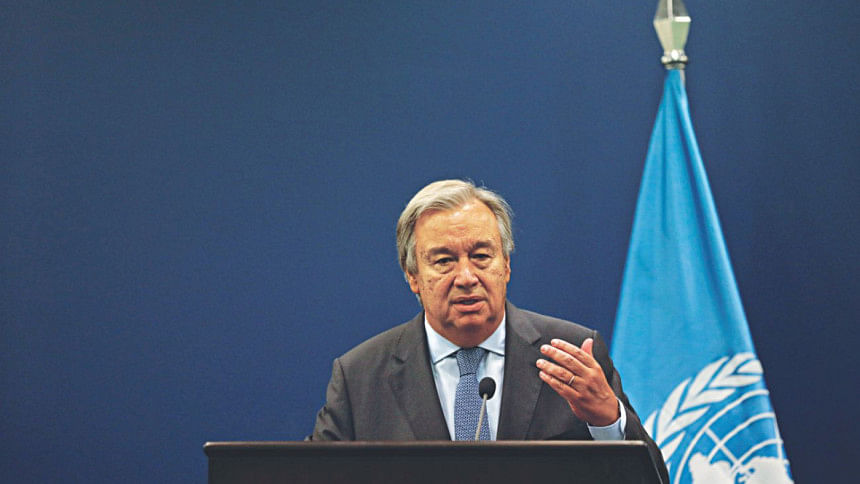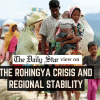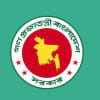UN Security Council meets Thursday on Rohingya crisis

The UN Security Council will meet Thursday to discuss the violence in Myanmar and hear a briefing from UN Secretary-General Antonio Guterres on the crisis, diplomats said.
Britain, France, the United States and four other countries requested the meeting after more than 430,000 people, mostly Rohingya Muslims, fled an army campaign in Myanmar in recent weeks and crossed into Bangladesh. The United Nations has described the military operation as "ethnic cleansing" and French President Emmanuel Macron last week went further, calling it "genocide.
"Turkish President Recep Tayyip Erdogan, who has denounced the plight of the Rohingya, accused Myanmar of waging a "Buddhist terror" against the Muslim minority and also denounced the "genocide."
The military operation was sparked by attacks carried out by Rohingya militants on police posts on August 25. The meeting was also requested by Egypt, Kazakhstan, Senegal and Sweden, which are non-permanent council members.
Council members will also get an update on the situation in Myanmar on Tuesday, ahead of the formal briefing by the UN chief, which will be held in an open session. The Security Council earlier this month called for "immediate steps" to end the violence, following a closed-door meeting.
The 1.1-million strong Rohingya have suffered years of discrimination in Myanmar, where they are denied citizenship even though many have longstanding roots in the country. In early September, Guterres took the rare step of sending a letter to the council to express concern about the "humanitarian catastrophe" unfolding, raising fears that it could have "implications for peace and security" beyond Myanmar's borders.
Rights groups are pushing the council to threaten sanctions against Myanmar's government and urging countries to review military cooperation. Myanmar's de facto leader, Aung San Suu Kyi, has disappointed human rights groups who had campaigned for her freedom during the Nobel Peace Prize winner's 15 years under house arrest by a military junta. Suu Kyi failed to quell outrage over the plight of the Rohingya when she delivered a nationwide address last week in which she appealed for patience.

 For all latest news, follow The Daily Star's Google News channel.
For all latest news, follow The Daily Star's Google News channel. 








Comments